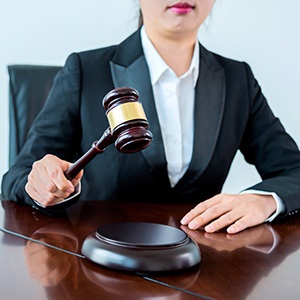If you have recently reported a sexual assault or rape, you might not know what to expect, or what comes next. You also might not be sure what your rights are during the process.
The most important thing to know is that you are not alone, and there are people out there who can help you.
South Africa’s criminal justice system (the police, the courts, and the prosecutors) has a number of challenges, which is why it is very important for you to get an idea of what services you can expect, and what services you deserve.
The most important thing for you to do throughout the process is to ask questions when you don’t understand what is going on. It is also possible to take a virtual tour of the criminal justice system here.
At each point of the criminal justice system, you have particular rights, which include:
- The right to be taken seriously, and to give information: It is not up to the police officer whether you lay a charge or not, it is up to you. They should listen to your statement, and accurately record what you are saying.
Any attempts to make you think you cannot report, or to make you doubt that you are telling the truth, should be reported. You should be able to give your statement and any information in your home language.
- The right to be treated sensitively: All criminal justice system officials should have undergone training on how to deal with and support people as they report sexual offences.
If you feel that you are being treated badly, you have the right to report this bad treatment.
- The right to receive information: At each point of call, you can ask the criminal justice system official whether they have any pamphlets, or posters, that can help to inform you about your rights or the process.
In addition, you can ask questions about the process (how long things take, what will happen next, what services you can be referred to).
When you report a sexual assault or rape, and it goes to court, the National Prosecuting Authority will assign a prosecutor to assist you. The prosecutor should explain the process to you.
At the trial, it is likely that you will be the first person to give evidence. During this process of evidence giving you have the right to speak in your home language. The court will then ensure there is a translator.
If you feel like the translator is not accurately capturing what you are saying, you can tell the magistrate or prosecutor.
You do not have to defend yourself on the stand, but the defence lawyer may try to make it seem as though you are not telling the truth. This can be hard, and going for some court support or counseling is a good way to remain strong.
This can be a very confusing and stressful part of your life. It is always helpful to visit a legal advice centre where someone can explain the process to you. You can find a list of places that might be able to assist here.
Follow Women24 on Twitter or like us on Facebook.
Follow Jennifer Thorpe on Twitter.
Getting legal support after a sexual assault or rape
Share your Subscriber Article
You have 5 articles to share every month. Send this story to a friend!
Loading, please wait...

Read this for free
South Africans need to be in the know if we want to create a prosperous future. News24 has kept the country informed for 25 years, and we're about to enter a new chapter of fearless journalism. Join our free subscription trial to unlock this story and a world of news aimed to inform, empower, and inspire.
Try our free 14-day trial
Show Comments ()




 Publications
Publications
 Partners
Partners














